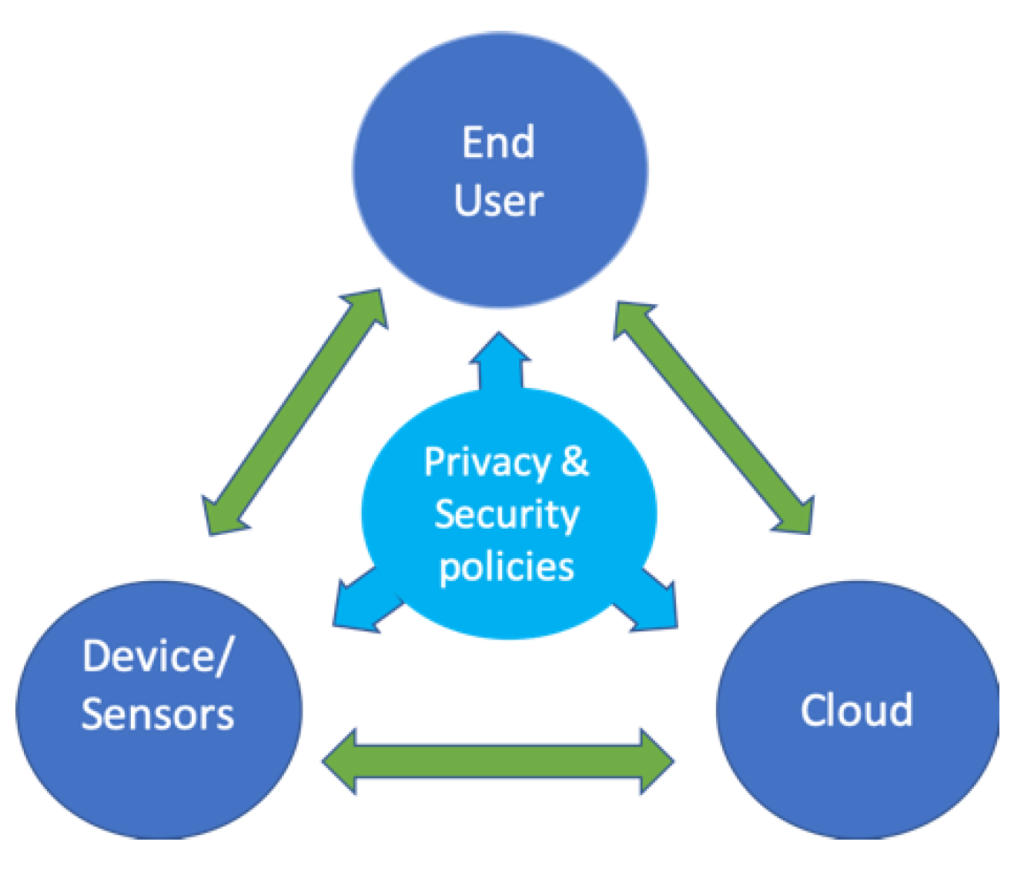Data Privacy and Security in the Digital Age: Challenges and Solutions

Introduction:
- Importance of data privacy and security in the digital era
- Examples of data breaches and their consequences
Understanding Data Privacy:
- Definition of personal and sensitive data
- Legal frameworks and regulations (e.g., GDPR, CCPA)
- Individual rights and control over personal data
Cybersecurity Threats:
- Malware attacks (viruses, ransomware)
- Phishing and social engineering
- Insider threats and data breaches
Protecting Data:
- Encryption and data masking techniques
- Multi-factor authentication and strong password practices
- Regular software updates and patches
- Data backup and disaster recovery plans
Organizational Responsibility:
- Implementing cybersecurity policies and employee training
- Third-party risk management and vendor assessments
- Incident response plans and breach notification procedures
Privacy in the Age of Big Data:
- Balancing data-driven insights with individual privacy rights
- Anonymization and pseudonymization of data
- Ethical considerations in data collection and analysis
Emerging Technologies and Privacy:
- Privacy-preserving AI and machine learning
- Blockchain and decentralized identity
- Biometric data and its implications
Conclusion:
- Data privacy and security as shared responsibilities of individuals, organizations, and governments
- The need for continuous vigilance and adaptation to evolving threats








